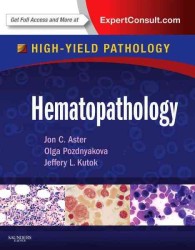- ホーム
- > 洋書
- > ドイツ書
- > Mathematics, Sciences & Technology
- > Technology
Full Description
Water in the MEDA region is a crucial issue, with regard to the availability of ren- able water resources in the MEDA countries most will face even more serious pr- lems in the management of their limited water resources in the near future.
-

- 電子書籍
- 私が15歳ではなくなっても。8 コミッ…
-

- DVD
- アリスの恋






